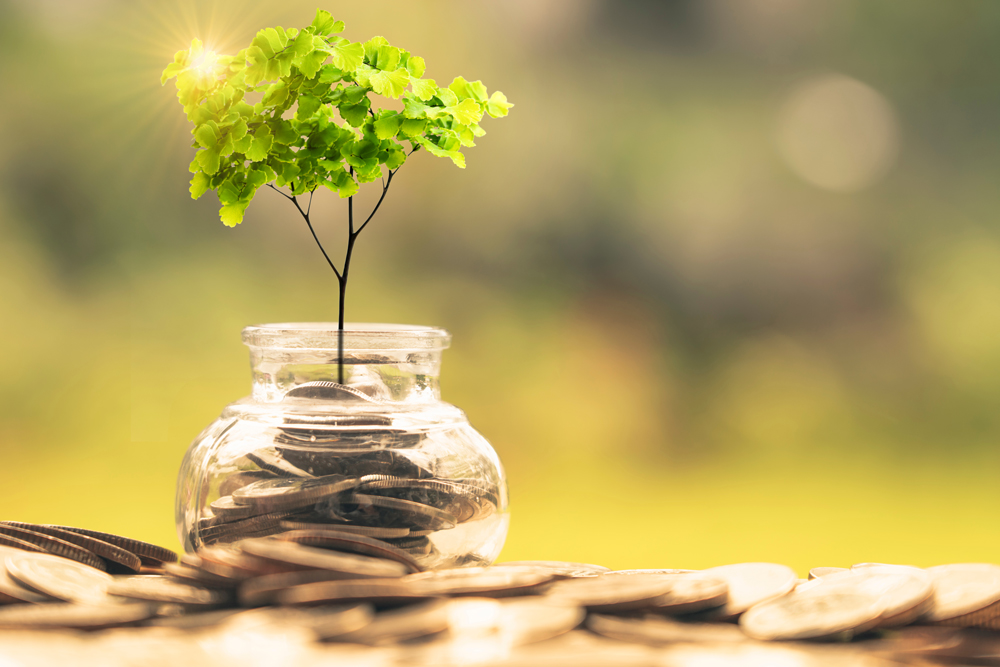A Better Product That Does Less Harm is Worth the Premium
Posted on: March 29th, 2021

There’s no denying that zero waste and sustainably sourced products can be more expensive. But did you ever think that what you’re paying for is a better product that does less harm?
When organic food products started appearing on shelves in popular specialty retailers like Whole Foods Market and Sprouts Farmers Market, they were still considered niche products which many concluded were nothing more than trendy, overpriced items for people with too much money.
But according to a 2020 Organic Industry Survey released by the Organic Trade Association, organic food sales in the United States hit $50.1 billion – increasing 4.6% over the previous year. It outpaced the general market growth for total food sales by 2.6%.
Year after year there’s been strong and steady growth in the organic food market and much of that has to do with a dramatic shift in perception. Suddenly, organic food products are not viewed as simply overpriced and trendy, they’re looked at as a healthier alternative not only for our bodies but for the planet as well.
Similar mindsets exist with products that are branded as “zero waste” or “sustainably sourced”.
Katherine Martinko writes on TreeHugger.com, “If you stop to examine those zero-waste products, you’ll see that they are usually of superior quality. Companies rarely redesign their packaging to be reusable, refillable, or compostable without also reformulating ingredients to be healthier, safer, and greener. So you’re paying a premium not just for non-disposable packaging, but also for a better product that does less harm.”
We are a society driven by dollars and cents and finding the greatest ROI for our spending – both personally and professionally. But as the younger generation enters the workforce, they’re bringing with them a social responsibility towards the environment that we’ve never seen before.
According to YPulse.com, “Gen Z and Millennials don’t just believe in climate change (only 11% say they don’t), the majority (71%) have been feeling that climate change is an immediate threat to life. In other words, they felt it was a massively serious issue, viewing it with a gravity that isn’t likely to disappear.”
Much like organic products, zero waste and sustainability are still perceived to be trendy alternatives, but no everyday solutions for average consumers and businesses.
What society needs to focus on is not dollars and cents and ROI, but the impact traditional products and packaging will ultimately have on our health and the health of our planet. You’re paying for a better product that does less harm and that’s something you can’t put a price tag on.
Interested in sustainable solutions?
Check out HC's sustainable protective packaging, growing containers, and consumer products.
Learn More ☰ Menu
☰ Menu